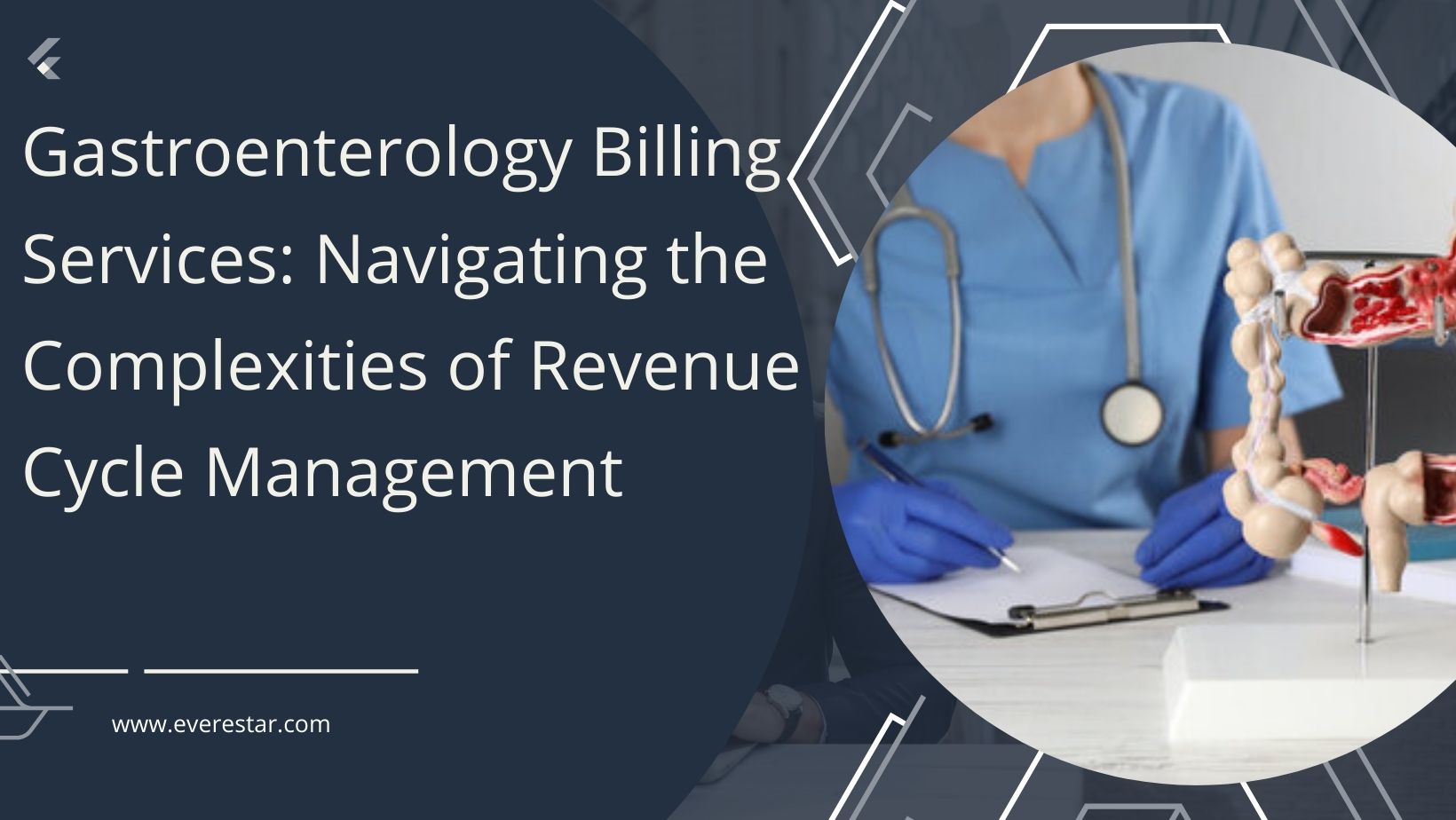Gastroenterology practices play a crucial role in diagnosing and treating disorders of the digestive system. As healthcare providers focus on delivering quality patient care, efficient revenue cycle management becomes paramount. Gastroenterology billing services are integral to ensuring that medical practices receive accurate and timely reimbursement for the services they provide. In this detailed guide, we’ll explore the key components of gastroenterology billing, addressing the challenges, best practices, and the role of technology in optimizing the revenue cycle.
Understanding Gastroenterology Billing
Coding and Documentation
Accurate coding and documentation are the cornerstones of successful gastroenterology billing. Coders must be well-versed in CPT (Current Procedural Terminology) and ICD-10 (International Classification of Diseases, 10th Edition) codes specific to gastroenterology procedures. Proper documentation of patient encounters ensures that services rendered are appropriately represented, minimizing the risk of claim denials and audits.
Common Gastroenterology Procedures
Gastroenterology billing encompasses a wide range of procedures, including endoscopies, colonoscopies, and various diagnostic and therapeutic interventions. Each procedure must be coded accurately, considering factors such as the complexity of the procedure, the use of anesthesia, and any additional services provided during the same encounter.
Modifiers and Compliance
Applying modifiers correctly is crucial in gastroenterology billing. Modifiers indicate specific circumstances that may affect reimbursement, such as multiple procedures during a single session or procedures performed on different anatomical sites. Ensuring compliance with healthcare regulations, including those related to fraud and abuse, is essential to prevent legal issues and financial penalties.
Overcoming Challenges in Gastroenterology Billing
Insurance Verification and Authorization
Navigating the complexities of insurance verification and obtaining proper authorization for procedures is a common challenge in gastroenterology billing. Failure to obtain pre-authorization can lead to claim denials, resulting in delayed payments and increased administrative burdens.
Claim Denials and Appeals
Gastroenterology practices often face claim denials, requiring thorough analysis and effective appeals processes. Understanding the reasons behind denials, whether due to coding errors, lack of documentation, or other issues, is crucial for improving billing accuracy and minimizing revenue loss.
Billing for Telehealth Services
As telehealth becomes more prevalent, gastroenterology practices must adapt their billing processes to include virtual consultations. Understanding the specific guidelines and coding requirements for telehealth services ensures proper reimbursement and compliance with evolving healthcare regulations.
Best Practices for Optimizing Gastroenterology Billing Services
Staff Training and Education
Continuous training and education for billing staff are essential to keep them updated on changes in coding guidelines, payer policies, and regulatory requirements. Well-trained staff can contribute to accurate coding, reduced errors, and improved overall billing efficiency.
Utilizing Technology Solutions
Implementing advanced billing software and revenue cycle management (RCM) systems streamlines processes, enhances accuracy, and improves the overall efficiency of gastroenterology billing services. Automation of routine tasks, such as claims submission and payment posting, allows staff to focus on more complex issues.
Regular Audits and Compliance Checks
Conducting regular internal audits helps identify potential billing errors and compliance issues before they lead to claim denials or legal repercussions. Maintaining a proactive approach to compliance ensures that the practice adheres to all applicable regulations.
Conclusion
Gastroenterology billing services are integral to the financial health of medical practices specializing in digestive health. Navigating the intricacies of coding, documentation, and compliance requires a well-trained and adaptive billing team, supported by advanced technology solutions. By implementing best practices and staying abreast of industry changes, gastroenterology practices can optimize their revenue cycle management, ensuring timely and accurate reimbursement for the vital services they provide.


